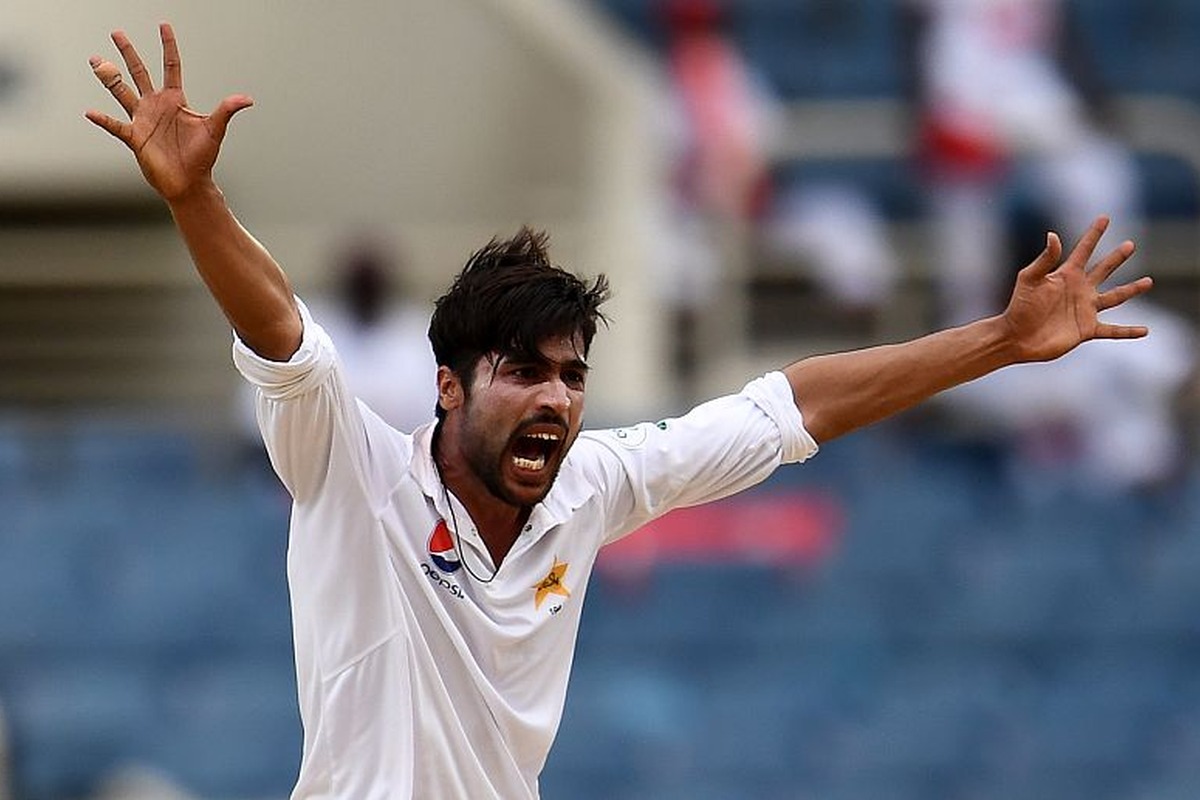PCB performs ‘major surgery’, sacks Wahab Riaz, Abdul Razzaq from selection panel
Abdul Razzaq was a part of the men’s and women’s selection committee, while Wahab was a selector of the men’s team.
In the unavailability of an experienced bowling unit and due to a mediocre batting unit, Pakistan had succumbed to humiliation in Australia last year.

Mohammad Amir. (Photo: AFP/Jewel SAMAD)
Pakistan bowling coach Waqar Younis said that the absence of speedsters Mohammad Amir and Wahab Riaz from the Test squad was the main reason for their whitewashing defeat on the tour of Australia last year.
“Just before the Australia series, they ditched us and we had the only choice to pick youngsters. We were the new management and decided to go on with taking in the younger lot and groom them,” ESPNcricinfo quoted Younis as saying.
Advertisement
The 27-year-old Amir retired from the longest format of the game in July last year to manage his workload and extend his career in white-ball cricket. Wahab, on the other hand, who is 35-year-old, took an “indefinite break from Test cricket ahead of the tour to Australia.
Advertisement
“It’s not like we have lost a lot, but yes they left us at the wrong time. But anyway, we don’t have any grudge against them. We cannot control players’ choice on what they want to play, but then there should be a mechanism so we all are on board. It’s not like I am saying we could have won in Australia but we could have done better than what we have done,” Waqar opined.
Despite showing some promise in the practice match against Australia A, the young Pakistani pace attack, consisting of 19-year-old Shaheen Afridi and 16-year-old debutant Naseem Shah, was subjected to the brutality of the Australian batsmen.
In the unavailability of an experienced campaigner in the bowling unit and due to a mediocre batting unit, Pakistan had succumbed to humiliating results in Australia.
Amir, after making his international comeback in 2016, played all the three formats almost without rest. With a lack of quality bowlers in the squad, he was also handed over the responsibility to lead the Pakistani attack in all formats.
During the time of his Test retirement, Amir boasted impressive numbers with 119 wickets from 36 matches at an average of 30.47. Thus, it came as a shocker to the cricket world to see one of the best bowlers of the generation deciding to step away at an early stage of his career.
Advertisement